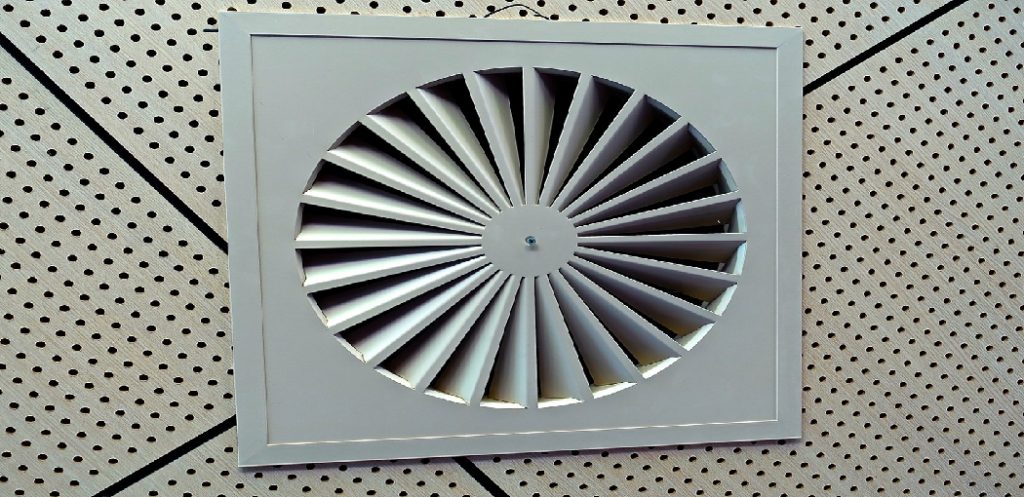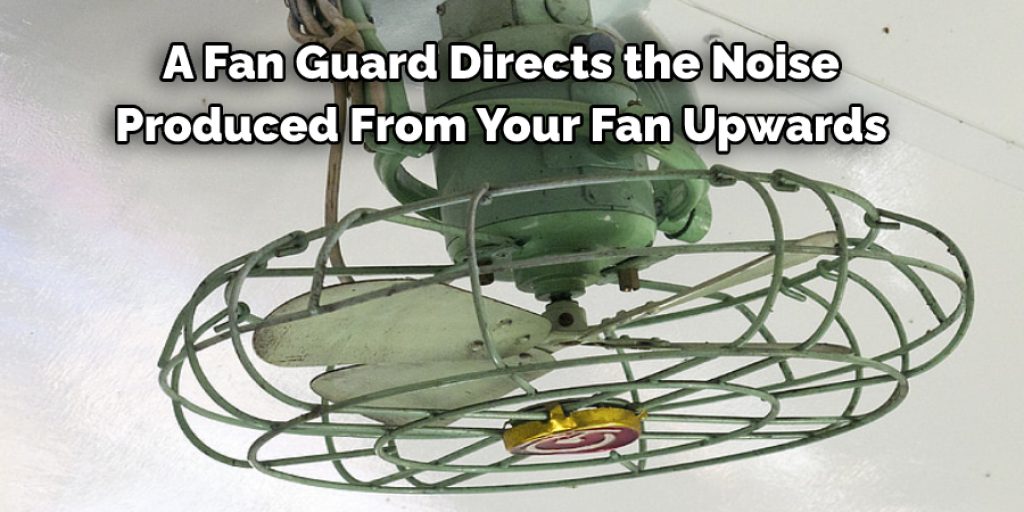How to Reduce Exhaust Fan Noise
In many instances, excessive noise from an exhaust fan can be a significant annoyance. In this blog post, we will provide tips on reducing exhaust fan noise and how it can potentially affect your quality of life.

You must know what kind of exhaust system is installed in your home before following any recommendations found below. The type of system will determine the best way to proceed when reducing noise levels or unwanted odors from the unit. If you have been experiencing trouble in these areas, read on to see if our suggestions help.
How Does Exhaust Fan Noise Work?
The most common noise source in a home is an exhaust fan, which is designed to suck out hot, humid air. However, these fans also create unwanted noises that can irritate homeowners.
To understand how these fans work, you should know that they are designed to suck air. If there’s an obstruction in the way of the airflow, such as hair or lint on the fan blades, it can cause a rattling sound. If your bathroom exhaust fan has this problem, then all you’ll need to do is remove the obstruction, and the noise will stop.
Directions: How to Reduce Exhaust Fan Noise
In most cases, you can fix a noisy bathroom exhaust fan by cleaning the blades and clearing away any blockage on your exhaust pipe. But if the problem continues to persist after cleaning, here are some other things you can do on how to reduce exhaust fan noise:
1. Replace the Exhaust Fan
If your exhaust fan is old and noisy, you can replace it with a newer and quieter one. Newer fans are usually much more powerful than older ones, which may be why they’re louder. The good news is that if you get a new fan, everything else stays the same: connections and ductwork stay the same; the only thing you have to do is replace the old fan.
2. Add a Cover to Your Existing Fan
If your bathroom exhaust fan has thin plastic or metal blades, you can reduce its noise by adding a cover over it. The thicker materials on these covers silence some of the vibrational energy coming from the fan as it operates. These materials also dampen some of the noise, making your exhaust fan less loud. You can buy a cover at most hardware stores and home centers; they typically cost about $5 to $10.
3. Add a Longer Pipe Extension
If you’re annoyed by the noise of an exhaust fan because it’s too close to your bathroom door or window, you can move it farther away by adding a few inches of pipe extension. Doing so will lower the fan’s noise-producing vibrations and help to silence some of the sounds.

Make sure that you connect a flexible duct to the pipe extension instead of a metal one not to transmit vibration from the fan into the metal duct. Then, simply cut a section of flexible duct and install it to the exhaust pipe with the same clamps holding your old, shorter exhaust pipe.
4. Level out Your Exhaust Pipe Extension
If you hear loud rumbling noises when the fan is running, this could be caused by an uneven surface where you’ve installed the exhaust pipe extension. To fix this, try leveling out your new length of the duct with pieces of wood or shim stock thin strips of steel to create a flat surface where the duct will rest on top of it.
5. Upgrade Your Exhaust Fan
If you’re using an older, less powerful exhaust fan and installing a new one isn’t an option, you can upgrade your existing fan by installing a quieter, more powerful model. You can buy a replacement for most types of exhaust fans at home centers or hardware stores, but be sure to install the new fan according to the manufacturer’s instructions.
6. Add Diffusers to Your Exhaust Fan
If you have a noisy exhaust fan made of metal, you can reduce the noise by adding diffusers. Diffusers are perforated plates with slots cut out around the edges to allow air to pass through without making noise. They attach to your fan’s housing and dampen sound from vibrations occurring on the exterior blades. You can find diffusers at home centers and lighting supply stores.
7. Put a Fan Guard in Front of Your Exhaust Fan
If your bathroom exhaust fan is noisy, you might be able to muffle some of the sounds by putting a fan guard in front of it. A fan guard directs the noise produced from your fan upwards and away from people standing underneath it. These guards typically come with adjustable flanges to fit them into your fan.
They also have a mounting plate so you can attach them to the wall above. You can find these at home centers and hardware stores for about $10.
8. Add a Fan Speed Controller
If you have a noisy bathroom exhaust fan, an electronic controller that allows you to vary the fan’s speed can silence some of the sounds. The controller has a dial that you turn to adjust the fan’s speed, so it’s slower, making less noise and operating more efficiently. These units cost thirty dollars or more and come with complete installation instructions.

8 Benefits of Reducing Exhaust Fan Noise:
- Increase productivity by reducing background noise that distracts from the work.
- Reduce the stress of loud noises on staff, thereby increasing their stress threshold for dealing with issues in the workplace.
- Increase company image by having a more professional environment without excessive background noise, considered unprofessional or distracting.
- Improve overall morale within your workforce.
- Improve sleep quality by reducing loud noises that can disturb employees’ sleep patterns, especially if the more audible sounds are coming from the same direction every day at the same time (such as in-office spaces).
- Reduce potential damage to components within the exhaust system itself.
- Improve overall vehicle performance by allowing the engine to operate at a lower RPM through decreased pressure differential between ambient conditions and the inside of the exhaust system.
- Improve exhaust system appearance with custom or aftermarket parts designed to reduce noise and look great!
Conclusion:
You can do many things to reduce noise from your exhaust fan. First, ensure that the ductwork is up against a wall, absorbing some sound waves and creating less echo in the space. Second, adding insulation around the outside of your ducts will also help reduce noise levels by absorbing more sound waves before entering other rooms or hallways.
Finally, purchase an insulated muffler for your exhaust fan so it doesn’t amplify any sounds coming out through its gills. Hopefully, these tips on reducing exhaust fan noise will help you reduce noise levels and keep your home comfortable. If you need assistance or have questions about this, then feel free to contact us.




